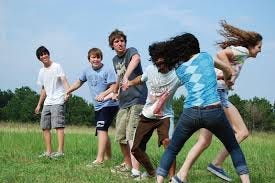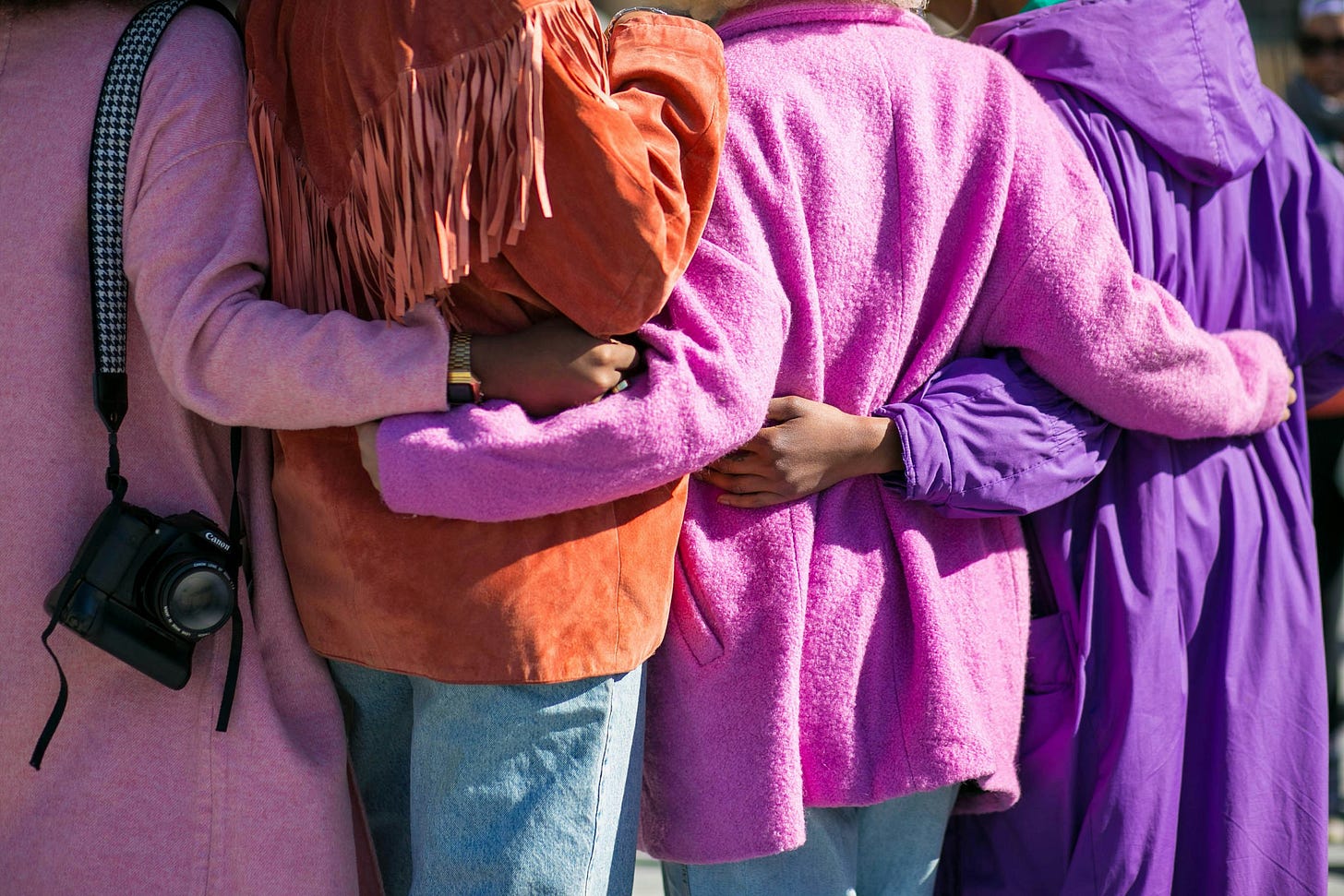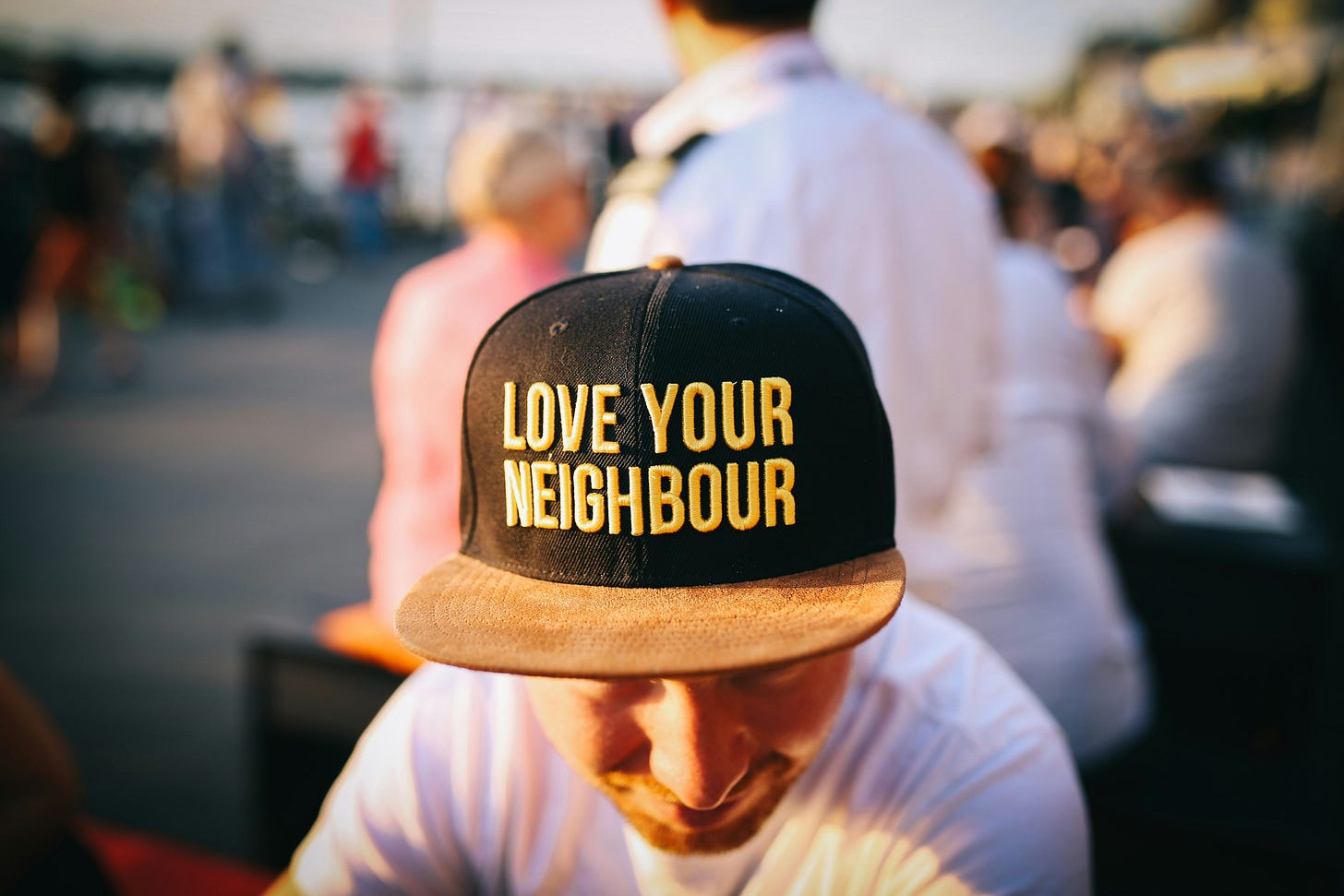The first time I went to the Crippled Children’s Hospital in the early 60s, I quickly discovered that I was different. I was the only patient on the ward who could walk unaided. I was the only one who couldn’t do two-handed, insane things such as knitting. Even in the hospital world where I lived, underwent surgery and went to school for more than three months at a time, I was the oddball. The other.
Of course, back at my regular fourth grade class in Yuma, AZ, I was already familiar with being an outlier. On the playground at recess, I wasn’t able to turn a double Dutch jump rope. I was terrified to play Red Rover, lest my bad arm break right off. Even in class, my mother had to fight for me to be allowed to carry a potted plant to the watering station. By age nine, I was an expert at normalizing my otherness.
I taught myself to tie my shoelaces and ride a bike. I worked hard to carry my lunch tray without spilling the whole thing and I always angled my “good” side to the camera for pictures. In the ableist society of the mid-twentieth century, I managed to make a few friends and actually loved school—recess, not so much, but hey I was already a weirdo so why not?
My number one rule has always been: make new people get to know you before they see your disability.
The one time I sidestepped my own advice turned disastrous. I was hired to do a full-time job with four kids at home and amid the unsettling dawn of my post-polio syndrome. I couldn’t figure out why I was always so tired, had horrible headaches and new muscle weakness. The Americans with Disabilities Act had just passed, so I told my employer up front about my paralysis and limitations.
Bad idea. After I injured my spine on the job, the company went to court and told lies about my behavior. Eventually I won, but only after a long embarrassing process. I vowed to never again lead with, “Hi, I’m disabled.”
By disguising my disability when I meet people, I also forfeit (in my opinion) the right to complain if I can’t do something, like say, usher at church. When others ask me to do that job, I say no, because I could never carry the sacraments to the altar during services, for fear I’d drop something. I’ve learned that I should explain only when asked, “Why not?”
Putting my otherness on display makes everyone uncomfortable—and that’s if they already know me. Some judge differences in a mocking way—like how our president-elect mocked a disabled reporter. Mocking easily turns to hate if people fear the other in some way, and stereotypes, cruel sarcasm and jokes make it more acceptable.
And it’s not just me.
This week at the grocery store, I watched a nice-looking blond woman scowl at a dirty, probably unhoused man carrying a trash bag full of returnable cans. The week before that, a neighbor who has decided without evidence that another neighbor is a drug dealer, commented that a barking dog can “smell them from a mile away.” And some of the incoming administration’s cabinet picks are giving rise to fears of new polio epidemics.
These things all have at least one thing in common: othering.
I doubt I’ll ever understand why some apparently believe that they were created from God’s good side—like me hiding my paralyzed arm behind my back for photos. The rest of us are made of God’s leftovers?
Leftovers that too many folks react to like my husband when I try to serve him turkey tetrazzini a week after Thanksgiving. “Eeww,” he’ll say. “I don’t like used food.” I wish more of us could understand that God’s leftovers are better than corned beef hash.
And even if you aren’t in one of the “other” groups, the storms of life can leave you feeling othered and absolutely alone. Your husband dies. You lose your home. Your kid has mental illness or substance abuse or is gay or trans—there are too many ways to become the other.
If you land in the “other” column, take a chance on love. In grammar school, I learned to stand on the far end of a Red Rover line, so that only my good arm would be impacted by a charging third grader. I was happy to make the concession, and my fellow students were OK with it. It didn’t hurt that I was a mean line-buster against the other team.
Combat othering by finding alternate paths to participate. An unhoused man hands out free burritos to others without shelter. Maintaining a positive regard instead of condemnation for those who struggle with mental health or substances doesn’t only help them—it helps all of us become a little more like God’s image. And when we stop demonizing and start humanizing, we can look for facts and proven methods for arresting scourges such as polio.
Fear lies at the root of othering. Like sea monsters of old, we fear what we don’t understand. Dare to interact with those unlike yourself. Find common ground.
As a disabled woman, I work hard to overcome my fear of rejection and being othered. I try to approach every human I meet as a person God made lovingly and then treat that person with kindness, dignity and love. I’m certainly prone to eff-ups, and I admit to a sharp sense of humor. But I can’t mock others without also mocking myself and the me that God made. Red Rover, Red Rover, send love right over.











Thank you for a deeply meaningful article. It's especially
Àpropo right now.
Thank you Linda. This is so profound. 💜